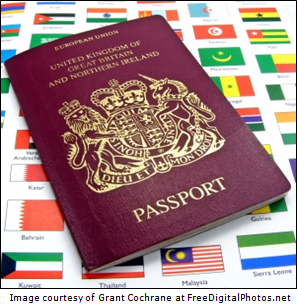
According to the most recent statistics released by the U.S. Immigration and Customs Enforcement offices, 409,849 undocumented immigrants were removed from U.S. soil last year alone, with an estimated 11.5 million undocumented immigrants still living in the U.S. These numbers cast a striking light on the need for immigration reform in this country—a fact that those involved in immigration mediation understand all too well.
The past five years have seen excessive numbers of undocumented immigrants being apprehended and repatriated, but estimates are now suggesting that this trend is slowing down—perhaps even reversing—in recent years. In 2008, the Department of Homeland Security documented 792,000 foreign nationals that were apprehended and arrested, with approximately 88% being Mexican natives. That same year, Homeland Security removed 359,000 undocumented immigrants from U.S. soil, repatriating 69% to Mexico, 8% to Honduras, and 7.7% to Guatemala.
2008 also saw 97,100 criminals being removed from U.S. soil as undocumented immigrants; of that number, 36% were convicted of drug-related crimes. As drug-related crimes and illegal immigration often go hand-in-hand, immigration mediation can be a powerful way to reduce the punishment of illegal immigrants who are doing whatever it takes to survive and feed their families. Such methods of alternative dispute resolution allow law enforcement to see a better picture of the struggle faced by an illegal immigrant to find meaningful, legal work in the United States—especially in situations involving a desperate need to flee civil war, gang/cartel violence or poverty.
More recent numbers from the U.S. Immigration and Customs Enforcement offices show that in 2011, 396,906 undocumented immigrants were removed from U.S. soil, with nearly 55% showing felony or misdemeanor convictions on their records. Additionally, on April 23, 2012, the Pew Hispanic center released data showing that the net migration from Mexico to the United States has not only shown signs of stopping—it is showing signs of reversing. According to their numbers, between 2005 and 2010, although approximately 1.4 million Mexicans immigrated to the United States, that same number moved from the United States back to Mexico.





